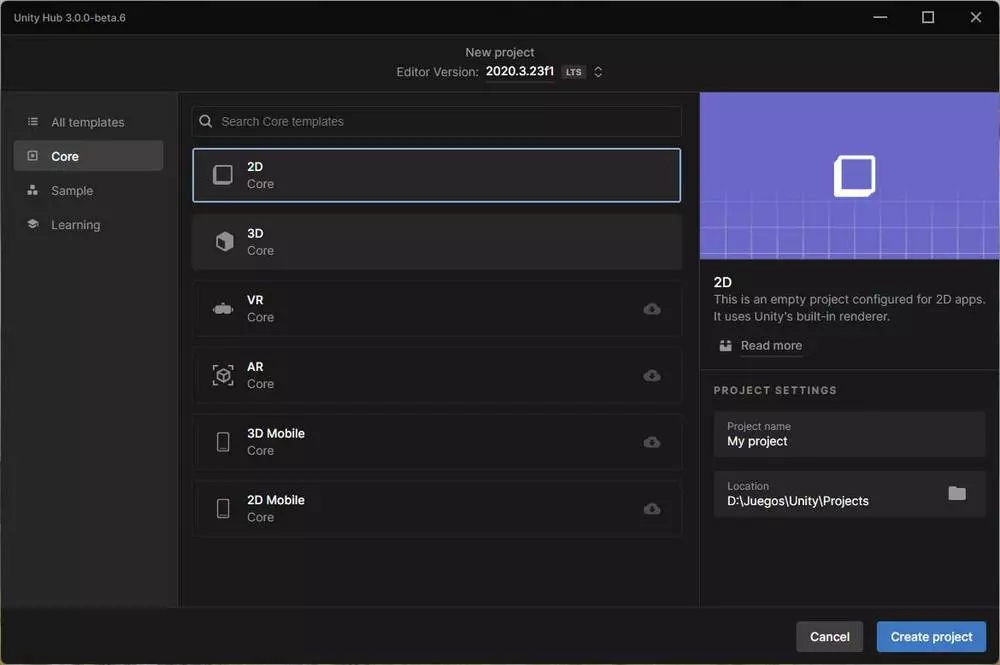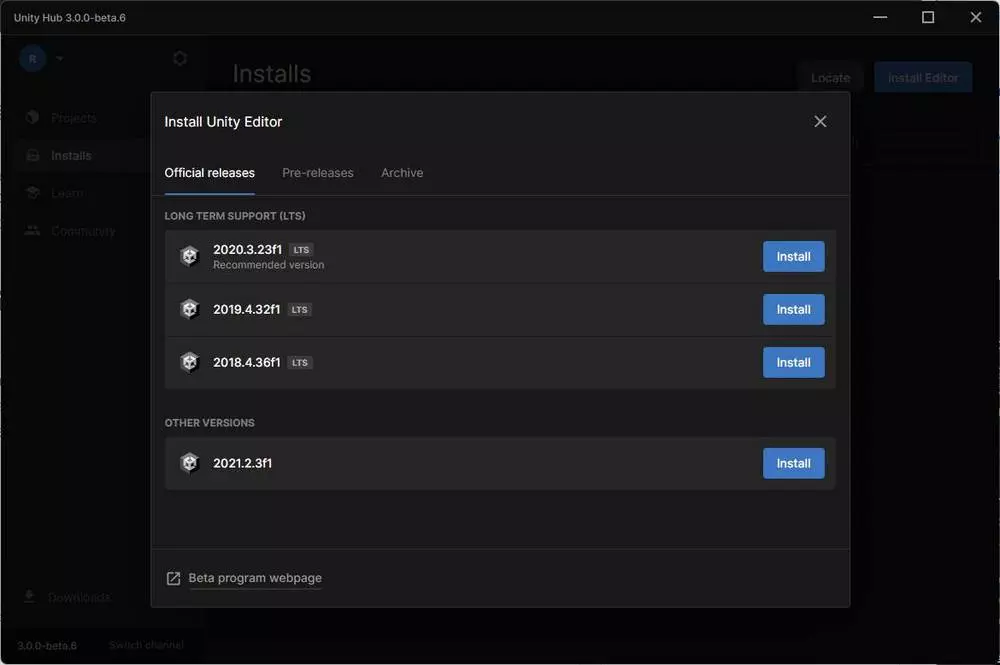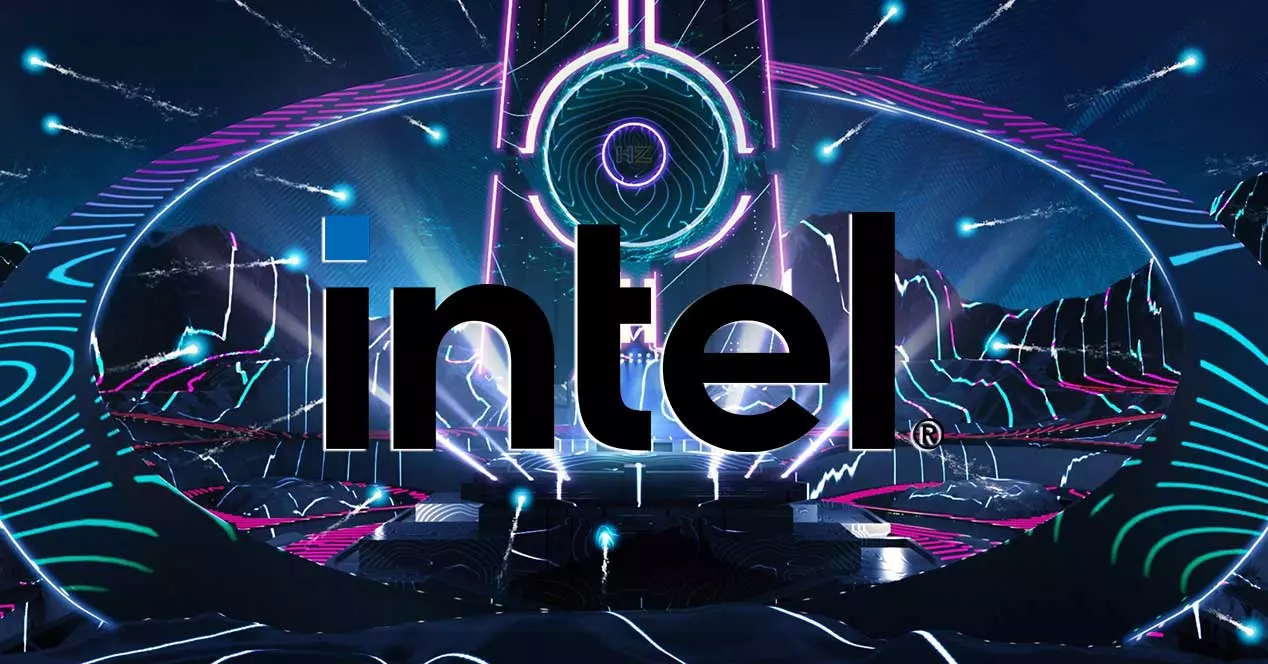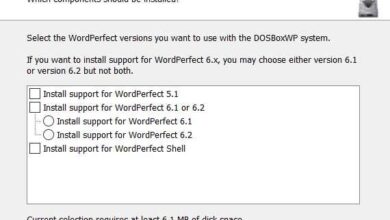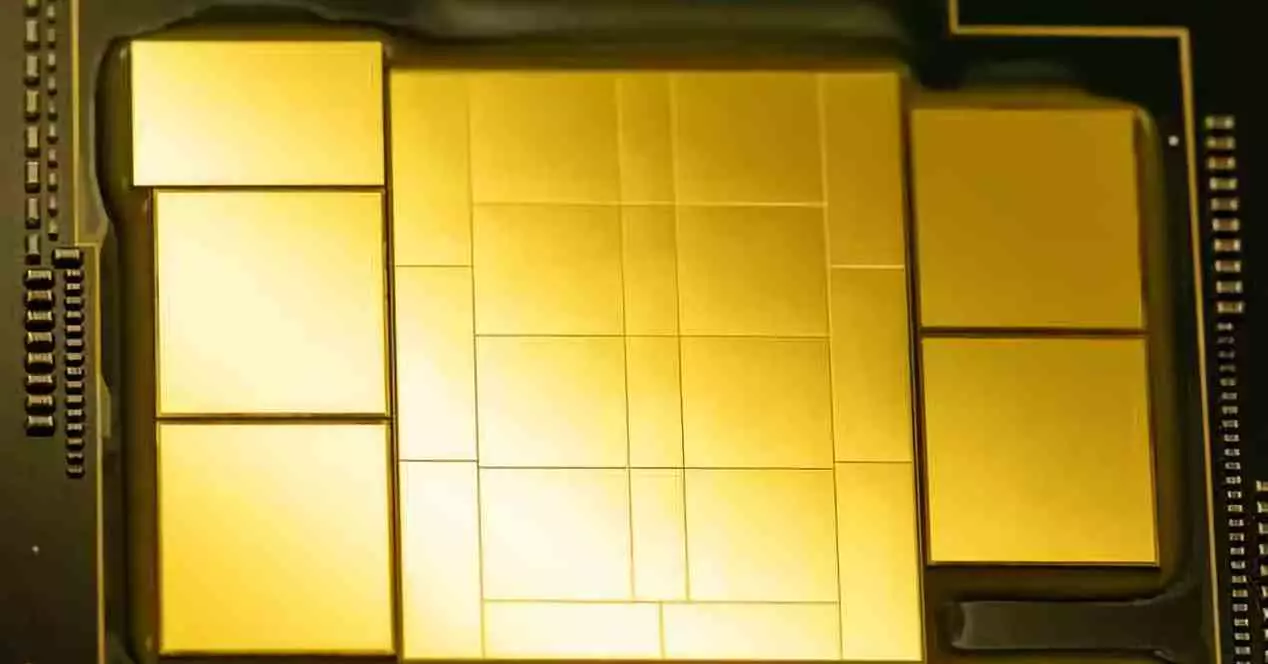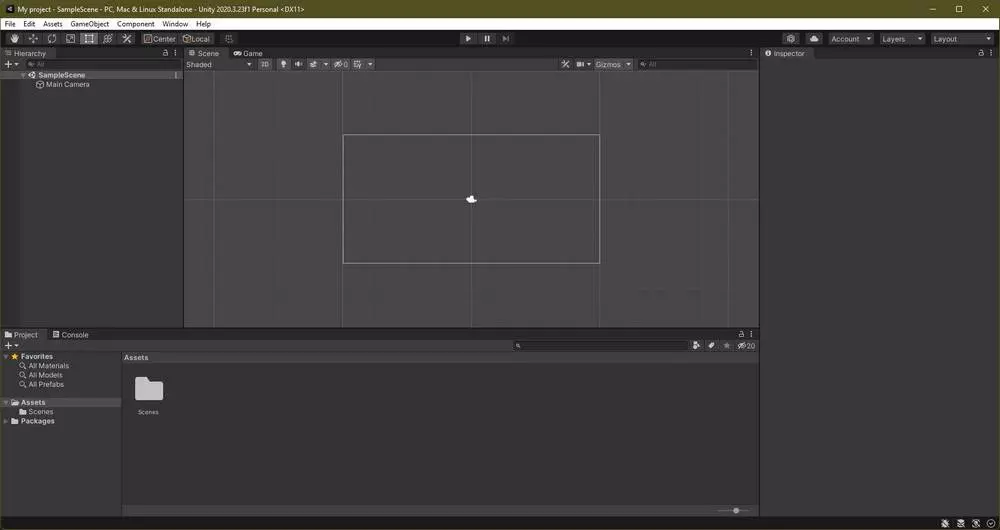
Engine history
This software was first introduced in 2005 at an Apple developer conference as an engine built to create exclusive projects for macOS. After being a finalist in the Apple Design Awards, the first version of this engine was released a year later, adding support for Windows and web browsers shortly after, thus beginning its journey.
The second version (Unity 2.0) came a year later, in 2007, with new features and a specially optimized engine for the development of detailed 3D environments, with dynamic shadows, directional lights, video support and much more. The third version, Unity 3.0, arrived in 2010 with many more graphical features for desktop and consoles. In addition, it added support for Android and integration with the Beast Lightmap tool.
In 2012, with about one and a half million users using this tool to create video games, came the version 4.0 of this engine. Among its most notable novelties we can talk about the support for DirectX 11 and the possibility of working with Adobe Flash projects. A year later, in 2013, Facebook reached a collaboration agreement with this engine to integrate a development kit linked to the social network with user tracking and analysis functions.
3 years later, in 2015, the most important version of this engine arrived, Unity 5.0. This version improved the WebGL APIs, added support for Nvidia PhysX, integration with Unity Cloud and a myriad of improvements in lighting and particles. They began to bet on VR, added support for the Nintendo Switch and the Vulkan graphics API. From here, Unity decided to renumber the versions to one based on the year rather than any number.
This is how we receive the version 2017, which released a real-time rendering engine and an infinity of improvements in the creation of animations, the version 2018, with a new scripting pipeline for top-of-the-line graphics and machine learning tools with Machine Learning. This 2018 release also released the engine’s C # source code under a ‘reference only’ license. The version 2019 engine focused on enhancing mobile game development capabilities, version 2020 in augmented reality, and the 2021 version was prepared for Next Gen game development with improvements in particles and, above all, in the rendering of water and fire.
Characteristics
This engine has a large number of very interesting features that we will see in detail below.
- Integration with a large number of 2D and 3D design programs, such as Blender, 3ds Max, Maya, Softimage, Modo, ZBrush, Cinema 4D, Cheetah3D, Adobe Photoshop, Adobe Fireworks, and Allegorithmic Substance.
- Availability of several engines: OpenGL (Windows, macOS, Linux), Direct3D (Windows), OpenGL ES (Android and iOS) and own interfaces for consoles.
- Support for bump mapping, reflections, parallax, ambient occlusion, dynamic shadows, render to texture, and post-processing effects.
- Supports all the APIs of NVIDIA and AMD graphics cards.
- Unity Asset Server, its own versioning server.
- Available for all types of operating systems. PC (Windows, macOS, Linux), mobile (Android, iOS), web, consoles and virtual reality.
Some of the most representative games created with this engine are Among Us, Blasphemous, Inside, Hollow Knight, Pokemon Go, Cuphead, Subnautica, Kerbal Space Program and Hearthstone: Heroes of Warcraft, among many other well-known titles.
Unity 3D vs Unreal Engine
When it comes to learning how to use an engine, and choosing which one we will create our first game with, doubts will surely arise. WhatIs Unity better, or should I use Unreal Engine?
Both engines are very similar. Although the first difference is found in the programming language that each one uses. Unreal Engine, on the one hand, uses scripts written in C ++, while Unity bets on JavaScript and C #. Depending on our knowledge and our specialization, we should start by lowering one or the other.
Both engines are free for all users (although with limitations in the case of the Personal edition of Unity). Its financing is based on payouts or commissions based on earnings. In Unity we will not have to pay anything if we invoice less than 100,000 dollars, having to pay a license (1,500 dollars or 75 per month) for the PRO version if we exceed that amount. In the case of Unreal, everyone will have to pay a 5% commission on top of the $ 3,000 billing.
The interface of both programs is similar, although it is true that Unity 3D is more complex, especially for users who have never used programs of this type before. It should also be noted that both engines have their own resource stores for projects, although Unity’s is much larger and more complete as it has a greater market share.
| Unreal | Unity 3D | |
|---|---|---|
| Price | Free | Free (with limitations) up to $ 100,000. |
| Commission | 5% from $ 3,000. | $ 1,500 or $ 75 PRO license per month. |
| Easy to use | Difficult to start from scratch. | Clear and simple interface. |
| Programming languages | C ++ | C # and JavaScript |
| Resource store | Yes | Yes |
| Platforms | iOS, Android, VR, Linux, Windows, macOS, Linux, HTML5, Xbox One and PS4 | iOS, Android, Windows Phone, Tizen, Android TV, Samsung SMART TV, Xbox One, Xbox 360, Windows, macOS, Linux, HTML5, WebGL, VR, PS4, PlayStation Vita, and Wii U. |
Finally, we want to indicate that the documentation of Unity 3D is infinitely superior to that of Unreal, both the official one, which we can find on its website, as well as that of the forums (official and third parties) and the one that we can find in infinite communities .
What do I need to create games
As we have already explained, Unity allows you to create games using two different programming languages. On the one hand, if we already have experience in web development, we can use JavaScript as the main scripting language to create our games, while, on the other hand, if we already have knowledge of C #, we can also use it. Both languages allow us to do exactly the same, only the syntax with which we do it changes.
Of course, we will also need to have some notions of 2D and 3D design to be able to create our resources (unless we use free resources), and, very important, be willing and dedicate time to it.
Finally, we will also need to have a computer with Windows, macOS or Linux (preferably Windows), with a more or less acceptable power so that the program can work without bottlenecks, and the Unity editor, which we will see how to download below. If we prefer, we can also download Visual studio code to create our scripts in this program instead of in the editor that the program offers us.
Download and install Unity 3D
Although we can download and install the engine manually, we recommend doing it through the Unity Hub. This downloader, which can be downloaded from the Unity website, will allow us to download the latest version of the engine to our computer and install it directly on the PC, as well as access any of the old versions of it and even the beta of the next version of the engine to test the latest news before anyone else.
Although the latest version at the moment is 2021, the Hub recommends us to install the 2020 version of the engine, since it is the one that has much more long-term support and is more refined.
From this Hub we will also be able to update the engine to the latest version as patches and new versions come out and be able to always be up to date. And, also, have our projects at hand and open them from a single place.
